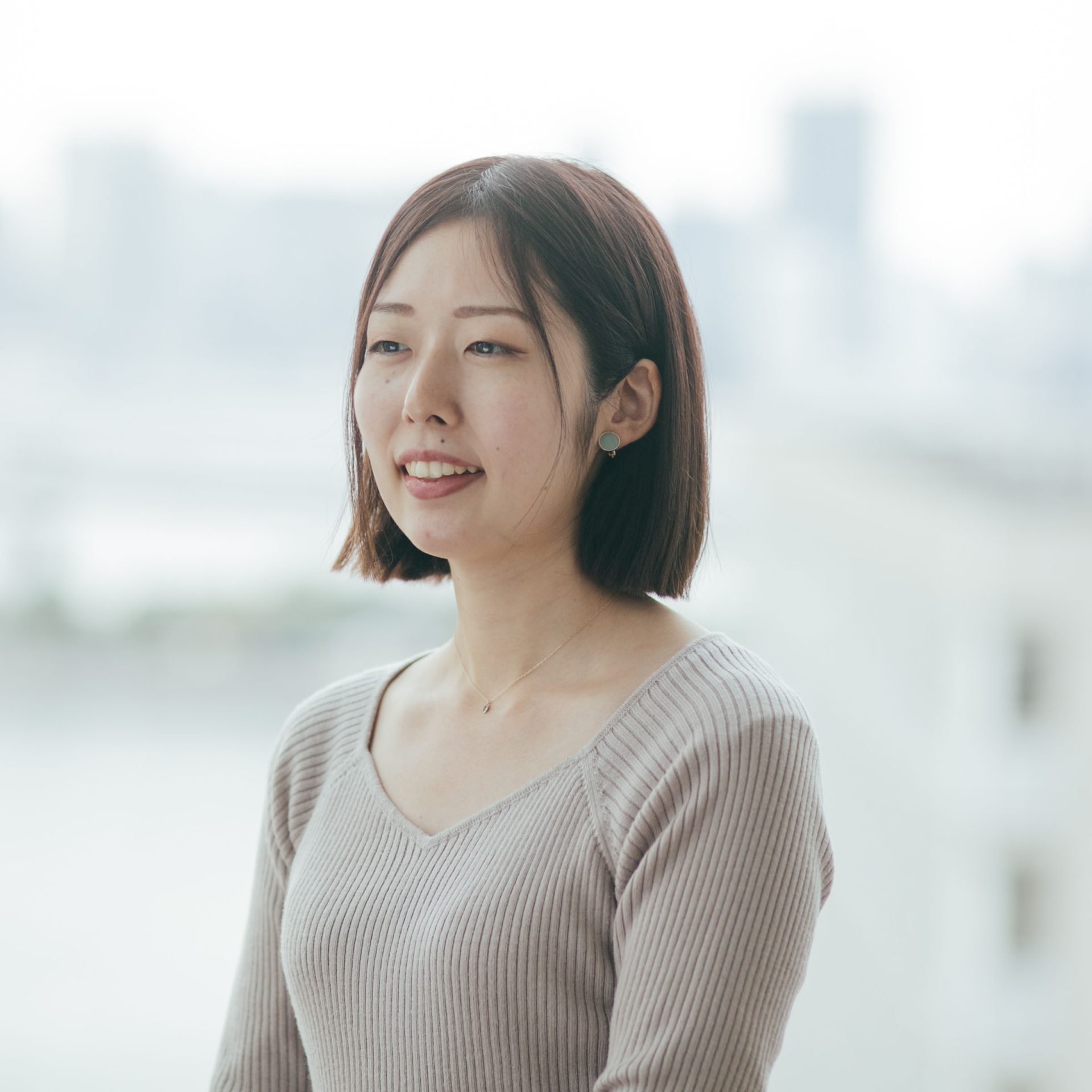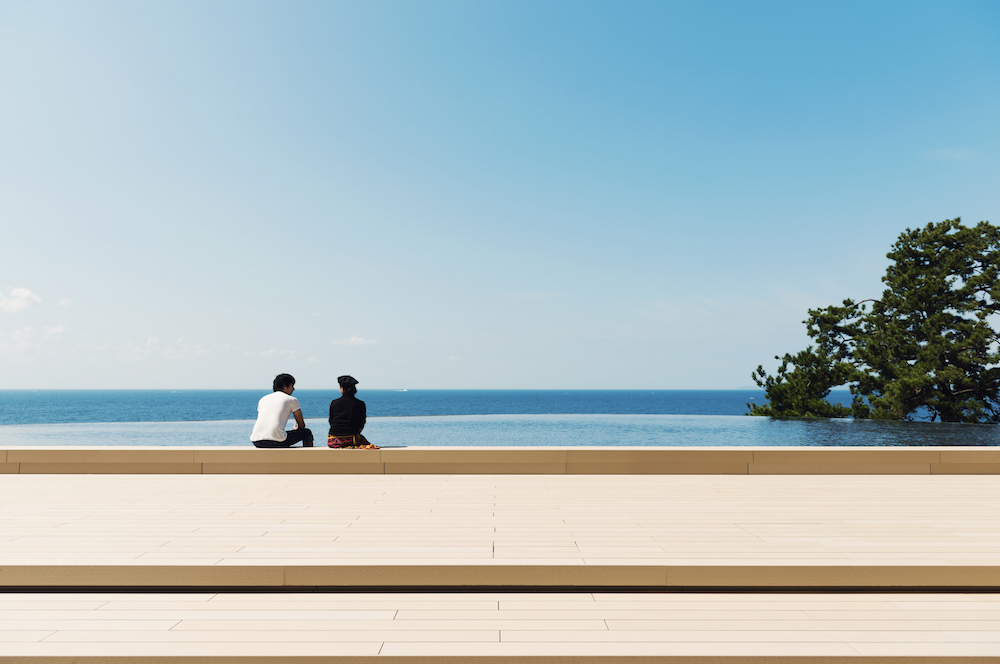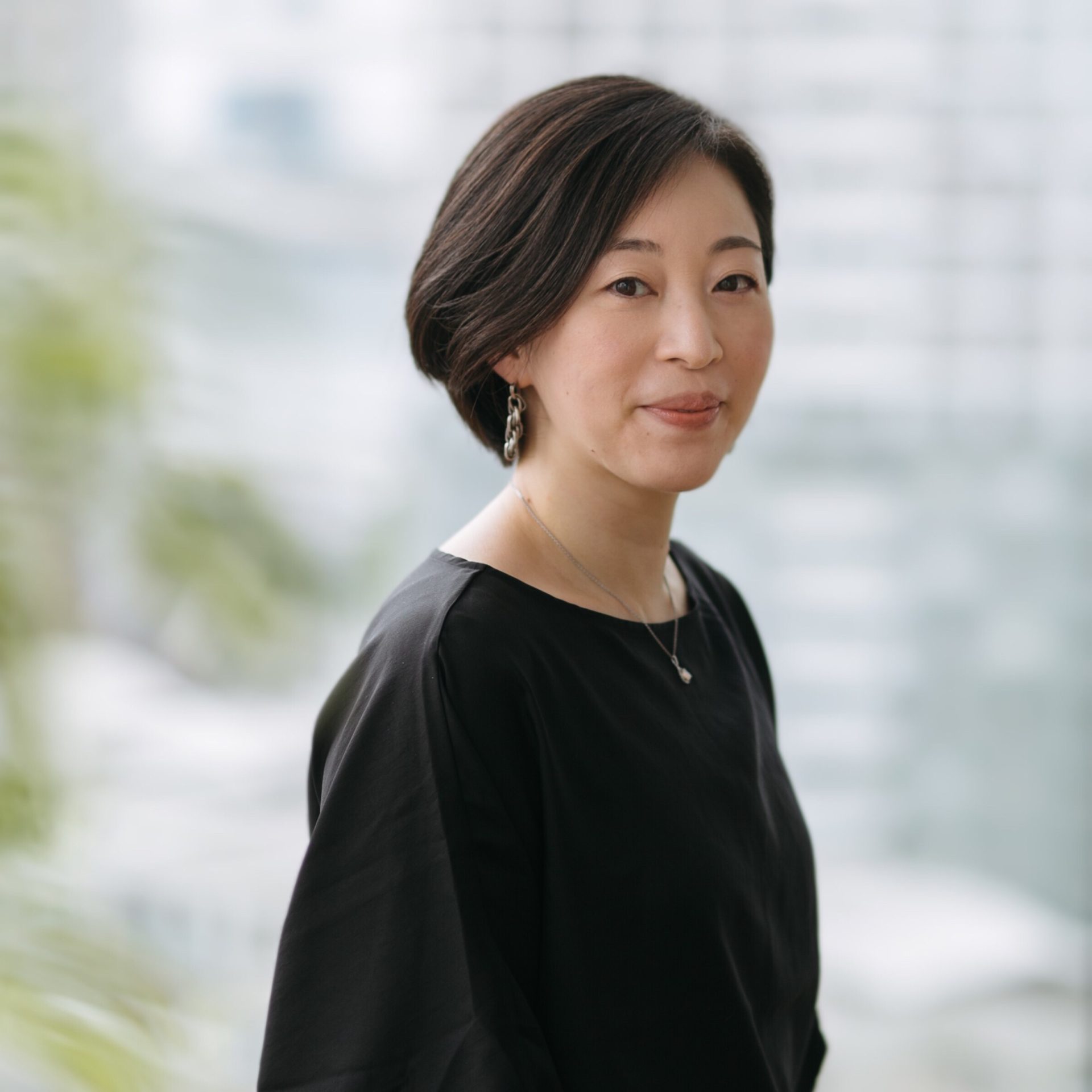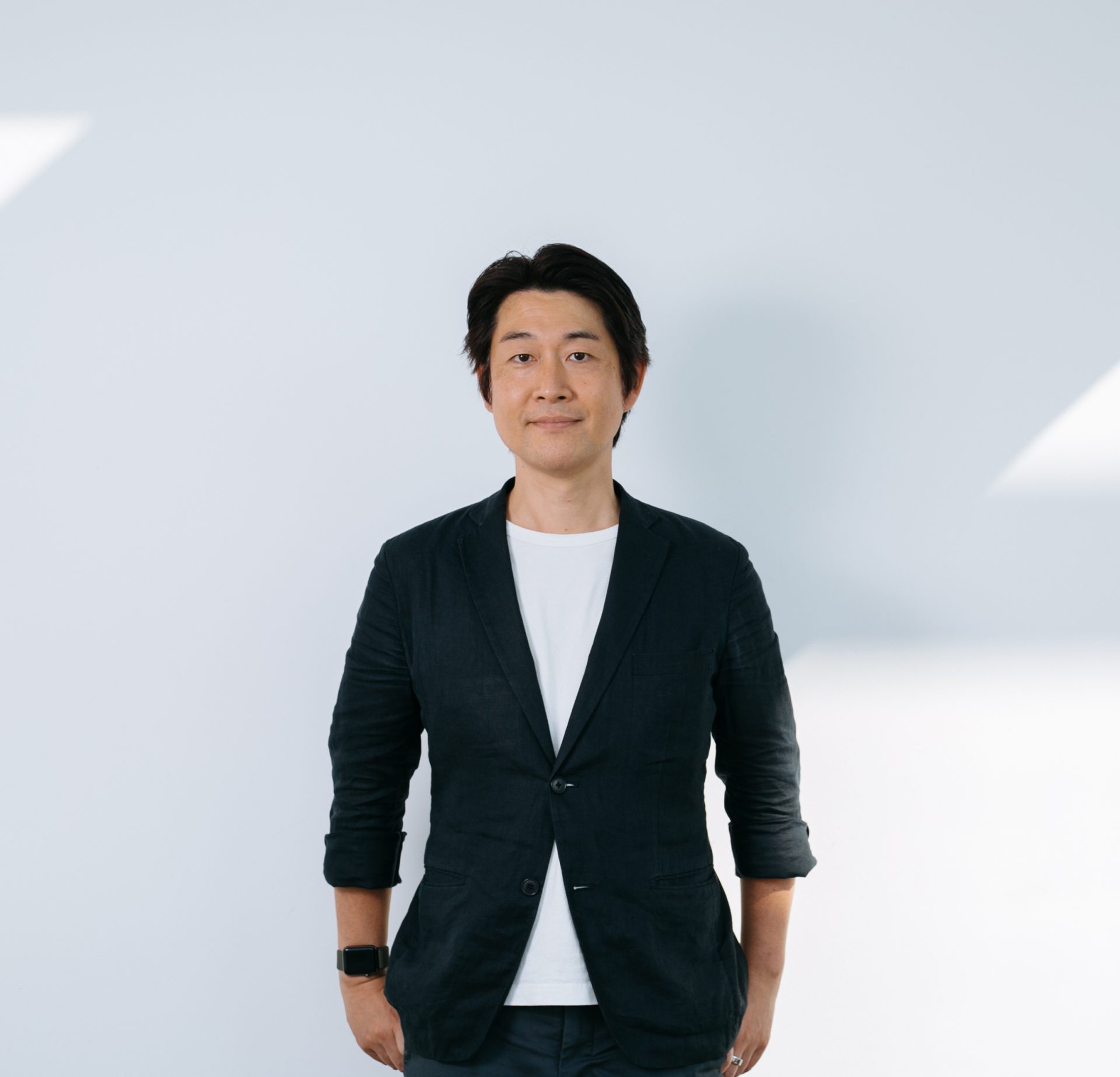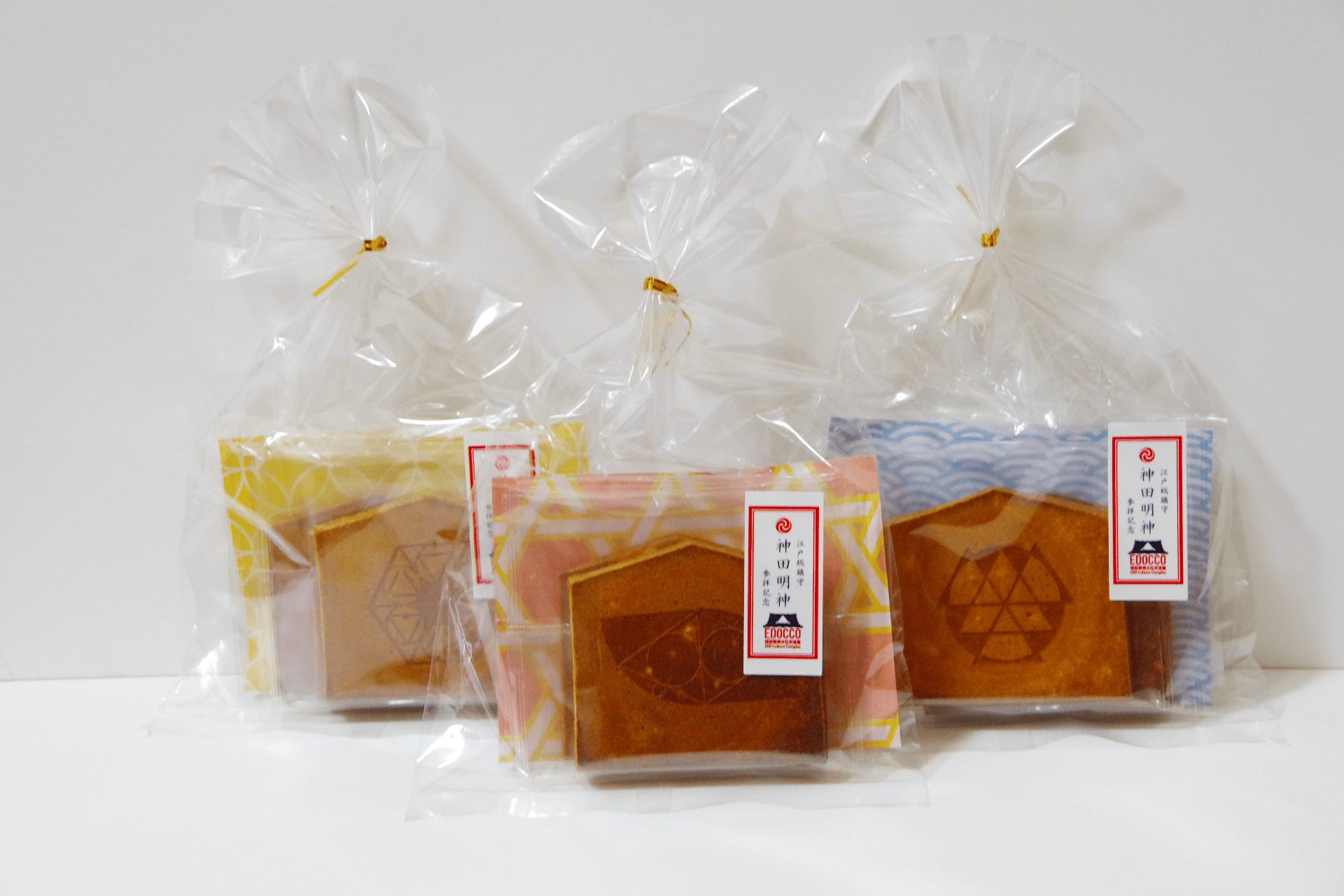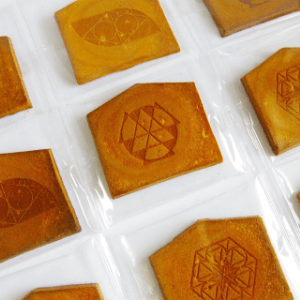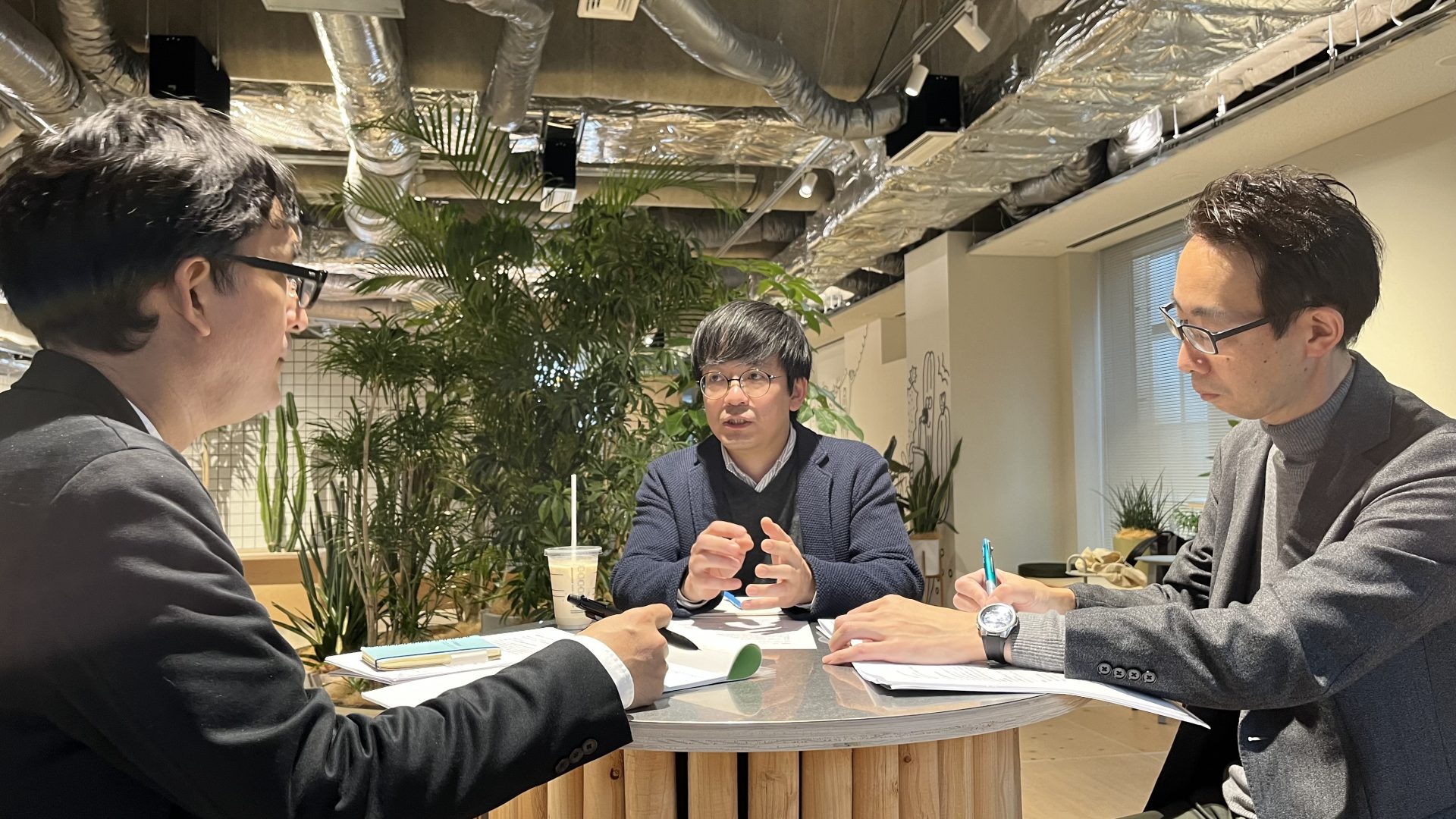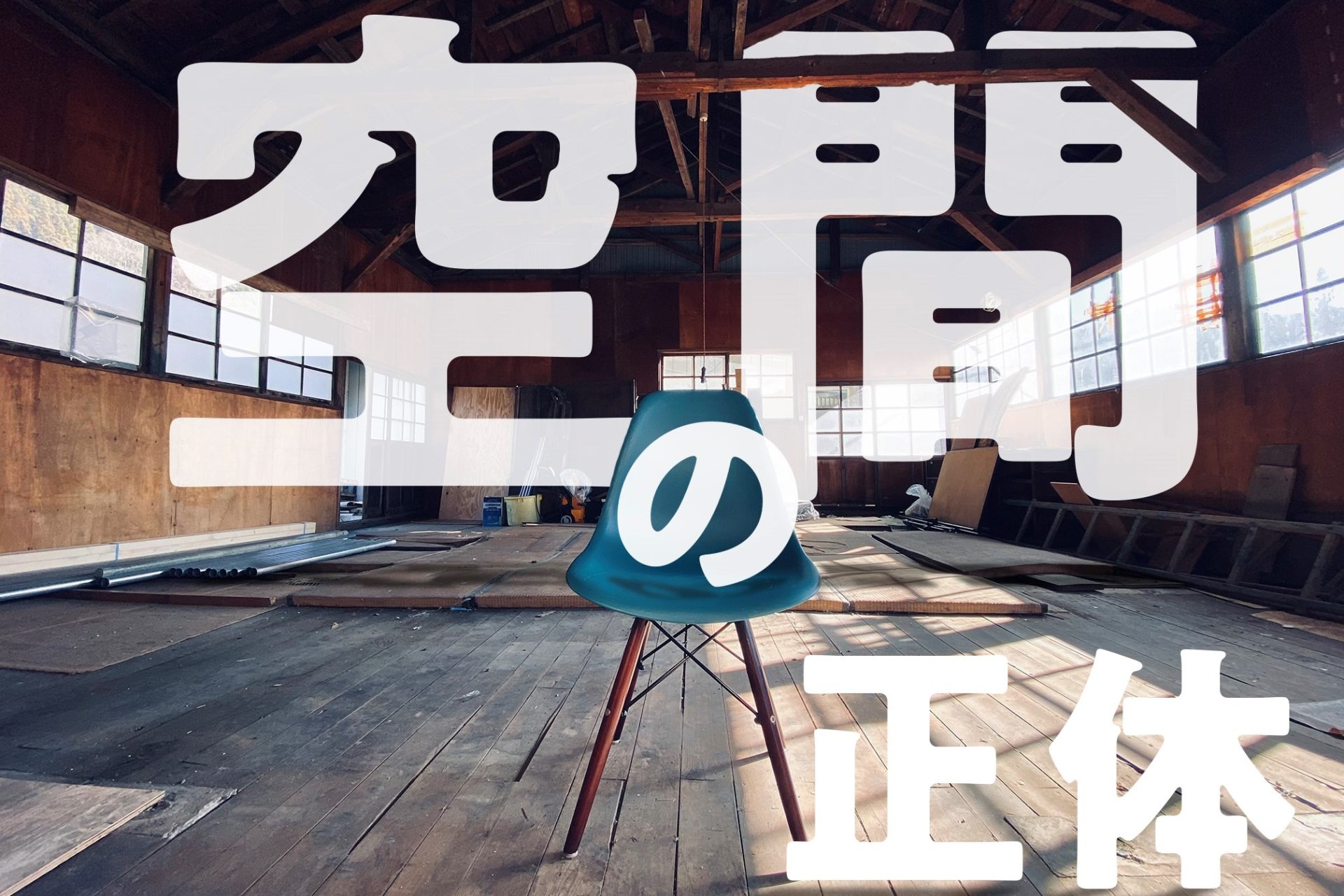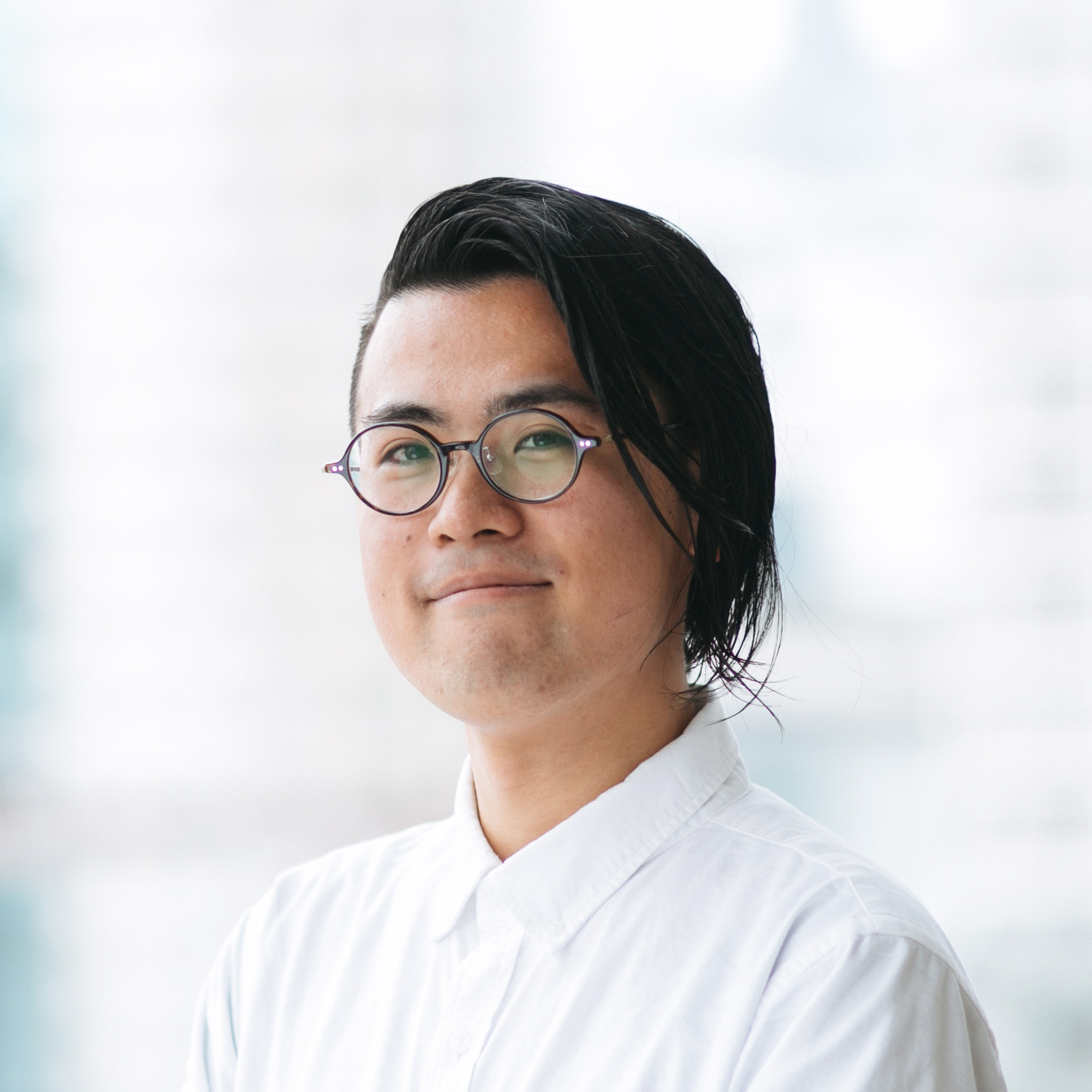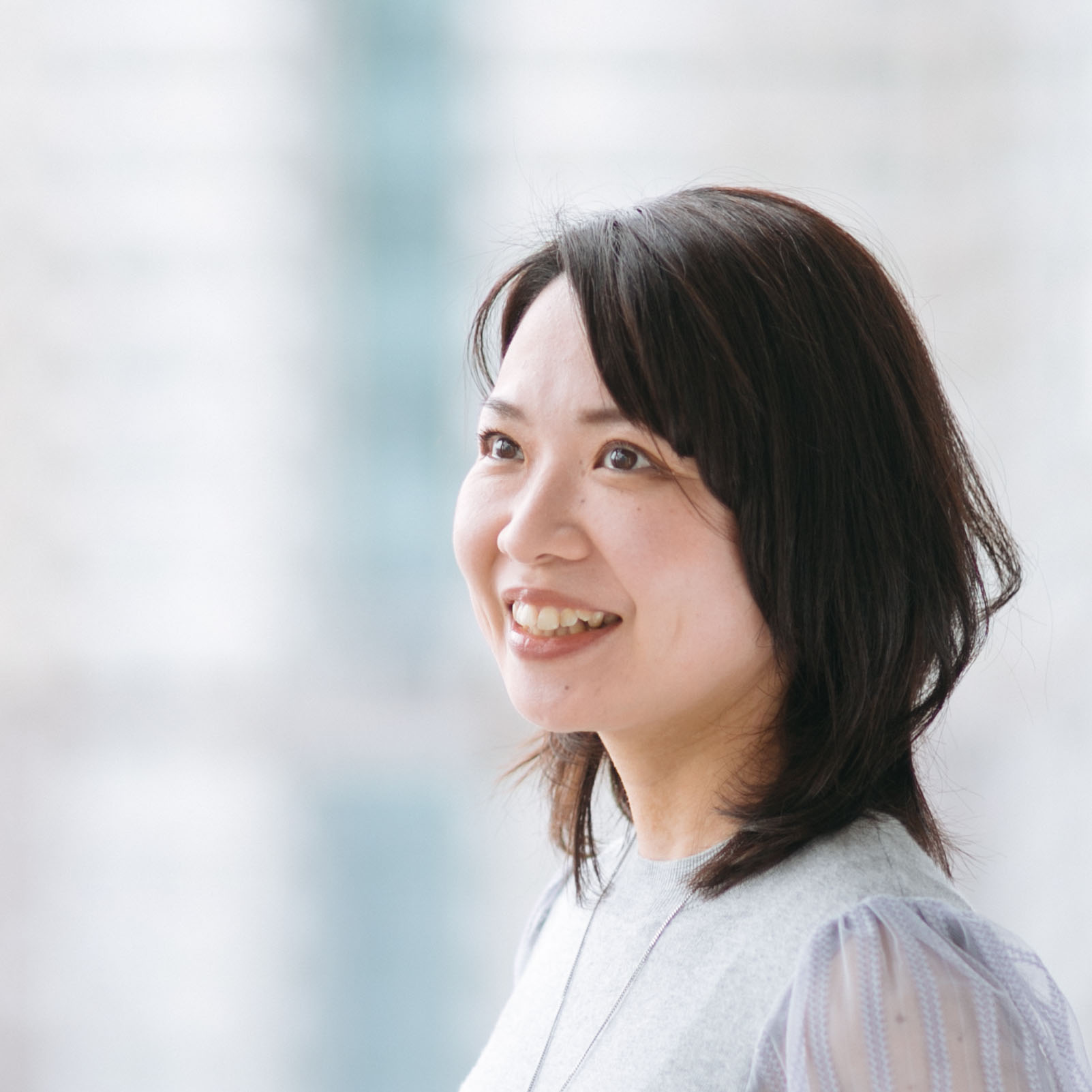
City Workation @ Tokyo Vol.1 Work & lifestyle and next-generation space seen in the corona disaster
2021/02/17- text and edit by
- Yuki Takahashi
Looking ahead to the post-corona future, we will not stop changing work and lifestyles
An interview plan to explore
the next-generation space that allows diversity
Due to the influence of telework promotion due to the corona wreck, more and more office workers are leaving the office and adopting new work styles and lifestyles, "working when and where they want." Attention is increasing not only to address hoppers and freelancers, but also to companies that propose "new lifestyles" that fit people with new values.
As the state of emergency is protracted, the flat-rate co-living platform "HafH", which cooperated with us for coverage, is rapidly increasing in the number of accommodation facilities in urban areas. Continuing from workation in Wakayama (regional workation edition), this time I would like to focus on the potential of workation in the “city”.
Potential of “Cityworkation”
What is "Cityworkation"?
“People who live in the suburbs of urban areas work in places other than their homes nearby” and defined
Speaking of "workation", many people may have an image of "vacation", which is to relax and work in an environment surrounded by nature, such as beaches and forests.
If you can change your mood in an environment different from your home, telework at a nearby hotel can be considered a "workation" without having to go out. In fact, in recent years when nonessential and non-urgent movement across prefectures continues, various corona-friendly plans are gaining popularity at accommodation facilities in urban areas.
This time, we will cover the "now" of city work in Tokyo through the representative facility of "Global Agents", which has been linked with "HafH" during the corona crisis.
≫About “Global Agents”
 NEIGHBORS Higashi Jujo (Social Apartment) Image courtesy of Global Agents
NEIGHBORS Higashi Jujo (Social Apartment) Image courtesy of Global Agents
The business started from the social apartment that Mr. Yamazaki, the representative, worked on when he was a university student, and now it is a company that develops a wide range of lifestyle businesses such as hotels, restaurants, and membership-based workplaces.
*What is a social apartment?
It is a collective housing that promotes voluntary interaction between residents by introducing exchange spaces such as lounges and workplaces to condominiums that used to have only private rooms.
2005, when we were founded, was the time when SNS such as Facebook began to spread to the general public.. It was epoch-making at that time that the idea of SNS-like “exchange” was quickly incorporated into the real space. This philosophy has been passed down to the facilities that have been developed since then.
"HOTEL GRAPHY Nezu"
“Natural interaction” created by a shared kitchen
 Photo: Exterior of the facility Image provided by: Global Agents
Photo: Exterior of the facility Image provided by: Global Agents
Nezu is a town with a local feel even within Tokyo.
A short walk from the station, you will suddenly find yourself in a residential area, the hotel business's first store, "HOTEL GRAPHY Nezu."
It first opened as a social apartment, and in 2013 it converted to a residential hotel in anticipation of demand for the Olympic and Paralympic Games. Before COVID-19, 70-80% of the guests were foreign tourists and the facility had a high inbound ratio, but the number of foreign tourists has decreased due to the corona crisis. Some of the guest rooms have been turned into social apartments again, and now it is a unique facility where hotel and social apartment rooms are mixed.
* A spacious shared kitchen that is the center of interaction
The most distinctive feature is the shared kitchen on the first floor. There are 4 stoves, a spacious work space, and all kinds of cooking utensils. At dinnertime, guests and residents often eat together, making it a place where interaction with nature is born through cooking.

 Photo: 1F shared kitchen
Photo: 1F shared kitchen
*Private room area where guests and residents meet
Inside the facility, which is a renovated corporate employee dormitory, there are various types, from dormitories to private rooms for two people, and it is a simple yet relaxing space.

 Photo: Shared space with cute sign and private room for two
Photo: Shared space with cute sign and private room for two
* Hourly flat-rate cafe that can be used as a workspace
The entrance cafe was temporarily closed due to the declaration of a state of emergency in April 2020, but it reopened as a flat-rate cafe in response to the hot requests of local residents. The usage fee is 300 yen per hour!
It has become a third place for regular customers in the neighborhood to work or relax.
 Photo: Cafe near the entrance
Photo: Cafe near the entrance
*Original goods designed by art college students
Stylish goods such as T-shirts and tote bags are designed by student staff of the nearby Tokyo University of the Arts.
 Photo: Original goods
Photo: Original goods
*Collaboration with famous stores in the Yanesen area
Local bakery bread is sold daily at the front desk. The Yanesen area is an attractive place that still retains the atmosphere of a downtown area, but before COVID-19, they were busy dealing with inbound tourists and were unable to fully utilize the local resources. Going forward, they would like to return to their origins and further strengthen their efforts with the local community.
 Photo: Bread from a famous local store
Photo: Bread from a famous local store
―――――――――――――――――――――――――――――――
【Equipment outline】
HOTEL GRAPHY Nezu
Location: 4-5-10 Ikenohata, Taito-ku, Tokyo
Website: https://www.hotel-graphy.com/
Next-generation platform “HafH” × Space “Global Agents” that allows diversity
"HOTEL GRAPHY Nezu" was the first facility contracted with "HafH" by "Global Agents".
In August 2020, when the number of customers had not recovered yet, when we started collaborating to increase the operation, freelancers, workers, and address hoppers came one after another. Many of the "HafH" members have high communication skills, which matched the target group sought by the facility. It seems that their visits expand the circle of exchange and lead to repeat customers. In addition to matching the concepts of the two companies, it was decided to immediately expand the contract to all facilities from the following month, taking into account the impact of securing stable users in Japan and increasing the occupancy rate on weekdays.
What I think is the most distinctive feature of "HOTEL GRAPHY Nezu" is the flexibility of its operation, combining and transforming functions such as hotels and residences according to the times. Since the building was originally a company dormitory, the facility structure of living room + common space is maintained. I felt that by enriching the area, we were able to realize a facility that can flexibly change functions.
This is in contrast to conventional hotels, which only serve accommodation functions. I feel that it has become clear that a single function space with low variability that builds in too much hardware can not respond smoothly to a situation like the current corona disaster.
Under the declaration of the second state of emergency, the entry of major hotel brands into the residential business has finally become a hot topic in the media. At the beginning of last year, we took in customers instead of inbound and have already been connected to repeat customers.
A “flexible space” where you can quickly respond and change to a new society that allows diversity, by seeing the synergistic effect of rapidly expanding mutual benefits through speedy collaboration between companies with an eye on the post-corona society. I felt that this would be helpful in the post-corona accommodation business, regardless of the size of the company.
In the second part, we will introduce “The Millennials Shibuya” and “THE LIVELY Azabu Juban”, the city hotels of the company, which are launching new measures to change the concept of “accommodation” due to the corona disaster.
Read the second part of the article here
City Workcation@Tokyo Vol.2
Work & Lifestyle and Next-Generation Spaces in the COVID-19 Pandemic
Like this article?
